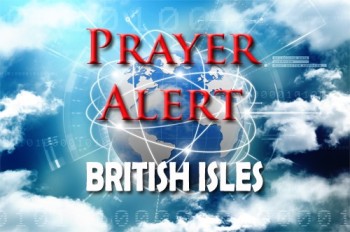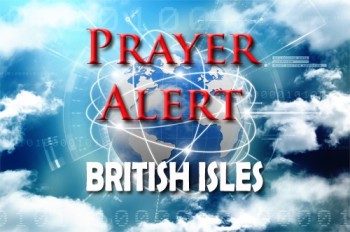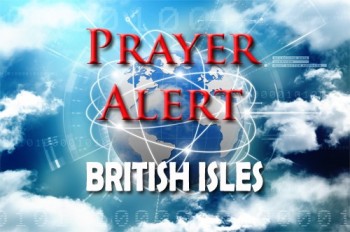Displaying items by tag: nurses strike
Nursing strike cut short by High Court
A judge has ruled that a planned strike at NHS workplaces across England must be shortened by a day. It will now end at midnight on 1 May, not 8pm on Tuesday 2 May. The Government had asked the High Court to assess if the last day of the planned action by the Royal College of Nursing (RCN) fell outside their six-month mandate for strikes. The RCN general secretary said, ‘The full weight of government gave ministers this victory over nursing staff in the darkest day of this dispute. The government is taking its own nurses through the courts because of their simple expectation of a better pay deal. Nurses will be angered but not crushed by today’s order. It could make them more determined to vote in May’s re-ballot for another six months of strikes. Nobody wants strikes until Christmas. Today we should be in the negotiating room, not in the courtroom.’
NHS delays and strikes
At the end of September, 401,537 patients had waited over 52 weeks to start treatment. The total number of people waiting for routine hospital treatment is a record high 7.1 million. NHS England and the government have set a goal of eliminating all waits of more than a year by March 2025. Meanwhile nurses are about to strike nationally, for the first time ever, sending up distress flares about the state of their service. The majority of NHS members voted to strike for fair pay and safe staffing. Strikes will be at NHS trusts or health boards which meet relevant legal requirements. Many of the biggest hospitals in England will see strike action by RCN members, but others narrowly missed the legal turnout thresholds to qualify for action. Nurses worry they cannot care as they should.
Northern Ireland: strike and Stormont
On 19 December, 15,500 NI nurses began a twelve-hour strike over pay and staff numbers. The NI secretary, Julian Smith, believes the action illustrates why it is important that power-sharing is restored. He is leading political talks which he hopes will lead to a restored ministerial executive early next year. When devolved government was operating, decisions on health sector needs were taken by individual ministers from different parties. But for almost three years, the parties have been absent from Stormont following the collapse of devolution, and it has been left to civil servants, without power to make or overturn decisions, to hold the fort on health. Hours before the strike, party leaders urged Mr Smith to order civil servants to release the money health unions were asking for. It was too little, too late.


